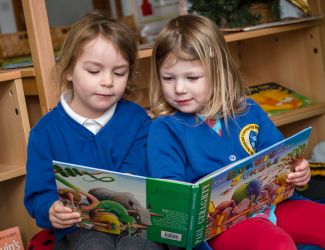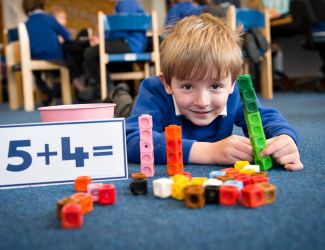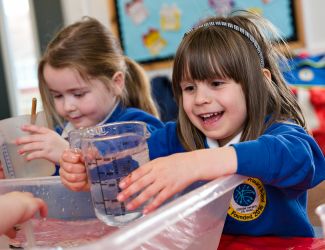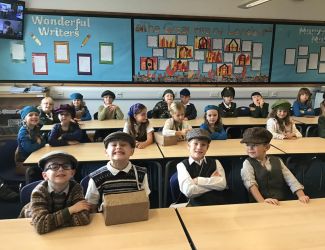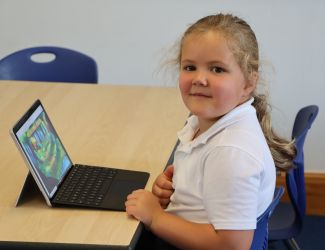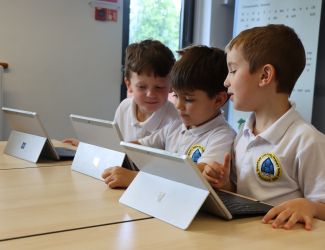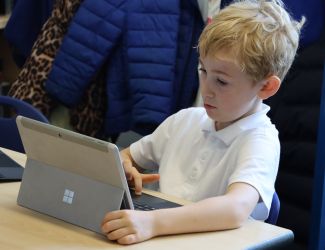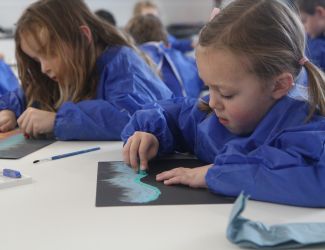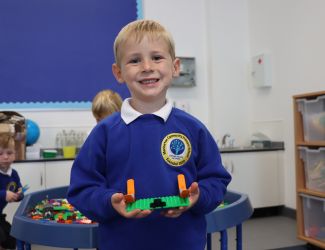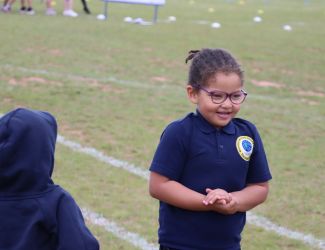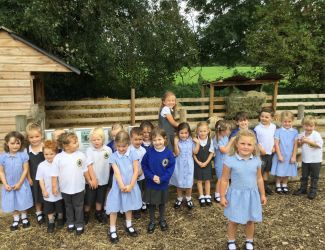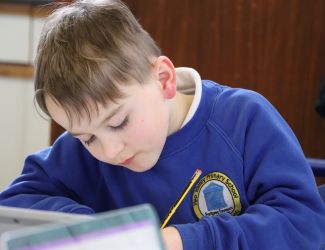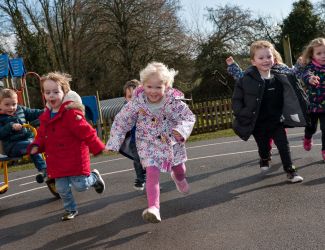Year 2 PSHE Curriculum
Personal, Social, Health and Economic (PSHE) education is a school subject through which pupils develop the knowledge, skills and attributes they need to manage their lives, now and in the future. It helps children and young people to stay healthy and safe, while preparing them to make the most of life and work. At Cornerstone, PSHE is our ‘golden thread’ and is delivered holistically in all we do, in the relationships we build with children, and the sense of togetherness children feel within the Trust. In Year 2, we deliver learning opportunities within the themes of: Health and Wellbeing, Relationships and Living in the Wider World. This builds on the skills that pupils started to acquire during the Early Years Foundation stage (EYFS) to develop effective relationships, assume greater personal responsibility and manage personal safety, including online. Weekly discussion sessions encourage children to explore the subject content below and all children have the opportunity to discuss any concerns and thoughts with their mentors through our mentoring programme.
Relationships: Friendship; feeling lonely; managing arguments; behaviour; bullying; words and actions; respect for others
- How to make friends with others
- How to recognise when they feel lonely and what they could do about it
- How people behave when they are being friendly and what makes a good friend
- How to resolve arguments that can occur in friendships
- How to ask for help if a friendship is making them unhappy
- How words and actions can affect how people feel
- Why name-calling, hurtful teasing, bulling and deliberately excluding others is unacceptable
- How to respond if this happens in different situations
- How to report bullying or other hurtful behaviour, including online, to a trusted adult and the importance of doing so
Health and Wellbeing: Keeping safe; recognising risk; rules; being healthy: eating, drinking, playing and sleeping; feelings; mood; times of change; loss and bereavement; growing up
- How rules and restrictions help them to keep safe (e.g. basic road, fire, cycle, water safety; in relation to medicines/ household products and online)
- How to identify risky and potentially unsafe situations (in familiar and unfamiliar environments, including online) and take steps to avoid or remove themselves from them
- How not everything they see online is true or trustworthy and that people can pretend to be someone they are not
- That eating and drinking too much sugar can affect their health, including dental health
- How to be physically active and how much rest and sleep they should have everyday
- That there are different ways to learn and play; how to know when to take a break from screen-time
- How sunshine helps bodies to grow and how to keep safe and well in the sun
- How to recognise, name and describe a range of feelings
- What helps them to feel good, or better if not feeling good
- How different things / times / experiences can bring about different feelings for different people (including loss, change or bereavement or moving on to a new class/year group)
- How feelings can affect people in their bodies and their behaviour
- Ways to manage big feelings and the importance of sharing their feelings with someone they trust
- How to recognise when they might need help with feelings and how to ask for help when they need it
Living in the Wider World: People and jobs; money; role of the internet
- How jobs help people earn money to pay for things they need and want
- About a range of different jobs, including those done by people they know or people who work in their community
- How people have different strengths and interests that enable them to do different jobs
- How people use the internet and digital devices in their jobs and everyday life

